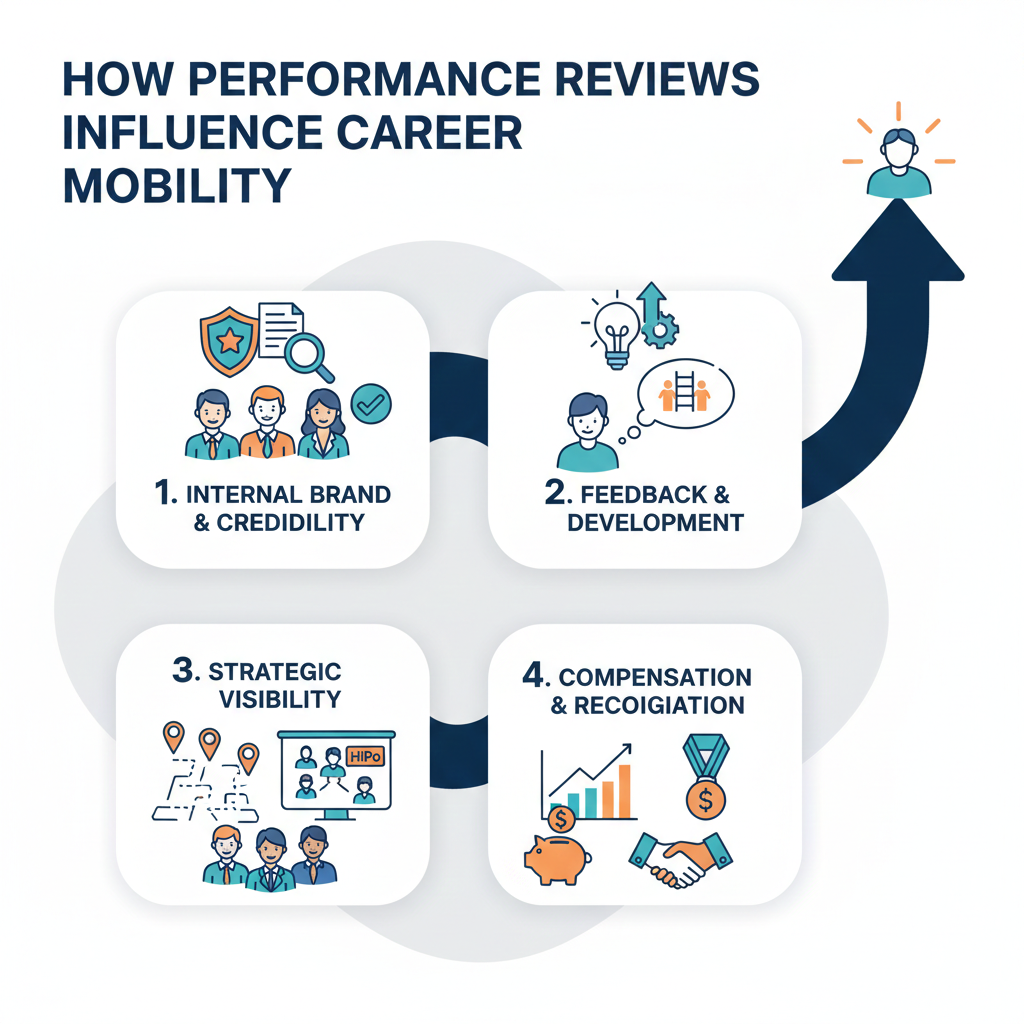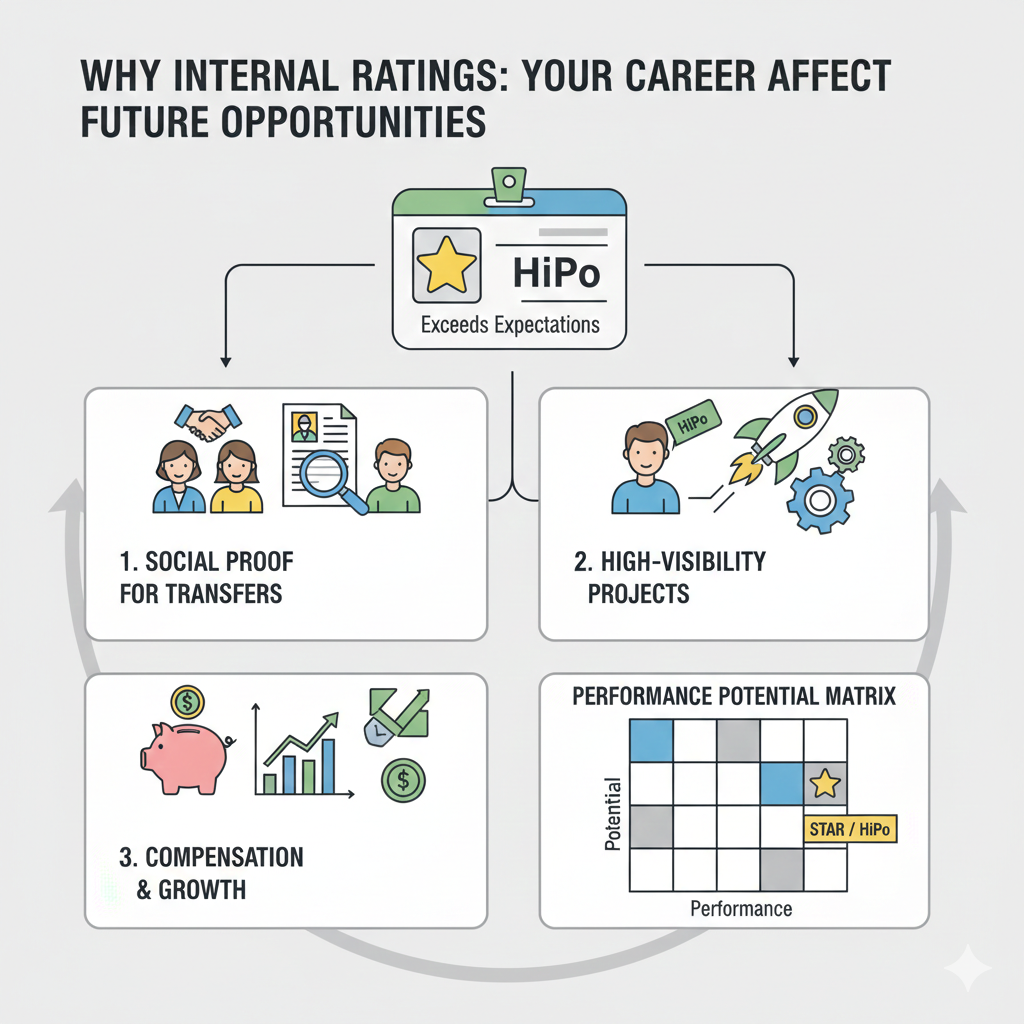Introduction
Are you interested in Freelance jobs or contract jobs but feel confused and want to know more before deciding?
You can read this article, as it covers everything you need to know to distinguish between the two, helping you make the best choice for yourself.
Want a quick summary? Click here.
What is a Freelance?

Freelancing means you are not a full-time employee of any company, instead you complete projects on the basis of your skills and take payment for the project.
In freelancing,
- You can choose your time to work on your own.
- Can work for multiple clients.
- You can keep work from home or in a remote setup.
- You can earn according to your skills.
- Get global opportunities.
In simple words, freelancing is a type of independence to work, where you earn according to a project or an hour.
Benefits of Freelancing
- Flexibility and independence
In working from home, many times you often get a flexible schedule. You can take a break according to your comfort. This independence motivates you and provides you a chance to perform according to your work style. - No travel time and energy saving
The biggest benefit of working from home is that you do not have to travel daily to visit office. You neither have to waste time in traffic nor in extra cost for transport. The time wasted can be utilized in your studies, with families, or hobbies. It also saves energy and increases productivity more. - Comfort of home environment
Working at home with a familiar environment is naturally comfortable. You can choose your favorite spot whether it is a study table, balcony, or a sofa. Home comfort provides you with are relaxed and stress-free atmosphere, which improves your concentration and productivity automatically. - Better work-life balance
You can easily balance your professional and personal life with freelancing. You can spend time with your family, manage daily household responsibilities, and also do your job smoothly. This balance is especially helpful for students or part-time workers who want to manage both studies and work. - Increase productivity and focus.
Many people feel more productive when they work from home. There are unnecessary meetings, gossip, and distraction in the office which ends when workers work from home. That’s why they can work more efficiently.
What are Contract Jobs?

A contract job is a type of employment where a person is hired to work for a company or organization for a fixed period or specific project, rather than as a permanent employee. Unlike freelancers, contract workers usually work with one employer at a time and follow the company’s rules, deadlines, and work schedule.
Benefits of Contract Jobs
- Stable salary
In a full-time job, you get a fixed salary every month. Whether the pressure of work is more or less, you will get a regular income which provides financial stability. This is reliable for bills, rent, savings, and daily expenses. Income fluctuates in freelancing, but you get certainty in full-time. - Job security
You get job security in full-time employment. Companies want to retain long-term employees which is why the chances of layoff or an expected job loss are low. This is important for those who are responsible for the family and want fixed financial commitments. - Employee benefit
You get many benefits as well in full-time employment. Benefits include insurance, paid leave, retirement plans, and other perks like travel allowance, bonuses, meal coupons. - Career growth and promotion
In contract jobs, you get a structured career path and growth opportunities. You get regular performance evaluations, promotions, and appraisals. It is very helpful for your long-term professional development and provides a predictable career trajectory. - Structured work environment
Schedule and responsibilities are fixed in a full-time job. It is easy to maintain a routine and you can create a balance between life and work. In an office or remote work environment, you get resources and systems which is efficient for work. - Learning and skill development opportunities
Companies provide training programs, workshops, and mentorship. It helps you to improve professional skills which prepare you for higher roles in the future. In freelancing, learning is largely self-driven and you need to find resources on your own. - Teamwork and networking
In a full-time job, you interact with your colleagues and seniors through which you get the benefit of collaboration and networking. Help you in professional growth and create long-term career connections.
Key Differences b/w Freelancing and Contract Jobs
1. Flexibility & Work-Life Balance
At the time of choosing a job, the biggest factor is work-life balance and flexibility. Every employee wants their work and personal life to balance smoothly together. Here we can see a big difference between freelancing and contract jobs.
- Freelance Jobs –
You can work from anywhere, whether from home, a café, or while travelling. In a freelancing, there is no stress in commuting, which is a big relief. You can design your schedule according to your lifestyle. For example, if you feel productive in the morning, then you can wake up early to work, but if you think you can focus more at night, then you can work late at night. This flexibility is especially for those people who have family responsibilities or who want to pursue a side project. But sometimes, at the time of working from home, the boundaries between work and personal life get blurred, which increases the risk of overworking and burnout.
- Contract Jobs –
On the other hand, contract jobs are a structural environment. There is a fixed routine for going to the office, which creates discipline. The most important thing is that when you return home from the office, your work gets done officially. It means there is a clear separation between work life and personal life. Also, interacting with colleagues creates a social balance which is positive for mental health. But a rigid schedule and daily commute can be stressful sometimes.
In short, freelancing jobs provide more flexibility, and contract jobs maintain the separation of work life. The best choice depends on your personal priorities.
2. Productivity & Performance
When we talk about a job, productivity and performance are the most critical factors. An employee’s efficiency is directly linked to their working environment. freelancing and contract jobs both have their unique pros and cons in this regard.
- Freelance Jobs –
In freelancing jobs, the biggest advantage is that the commute is absolutely zero. It means you don’t have to suffer from the stress of taking the metro or long travel, and you can invest that time in productive work. For many people, working from home provides a comfortable environment where they can work efficiently according to their own pace. But the major challenge is distraction. Sometimes, family responsibilities, social media, or a casual attitude can break the focus. That’s why sometimes productivity is high and sometimes it is low.
- Contract Jobs –
A full-time job has a strong angle in this factor because it provides a structured environment. Face-to-face communication and collaboration are easy with colleagues and managers who complete the project smoothly. Team spirit and accountability are more natural. But daily commute and fixed timings can drain energy sometimes which has a negative impact on performance.
In short, the formula of productivity is not fixed in one place. Freelancing jobs increase efficiency through flexibility, and contract jobs increase it through collaboration. You just need to focus on your work.
3. Career Growth & Networking in Jobs
Career growth and networking, both are very important for professionals. In today’s competitive job market, working a job is not enough; creating the right connections and taking mentorship is equally important. Freelancing and contract jobs both provide different experiences in this area.
- Freelance Jobs –
The biggest advantage of a freelancing is that you get opportunities on a global level. You can work for any company without relocation. This exposure makes your portfolio strong and gives you a chance to work with international standards. The drawback of this job is that there is a limited face to face mentorship and informal learning opportunities. In an office environment, you get ‘water cooler conversations’ or casual guidance, which is less common in freelancing. That’s why sometimes you can see low career visibility and promotions.
- Contract Jobs –
Full-time job are stronger here than freelancing. In the office environment, you get the chance to directly interact with senior mentors and colleagues. Networking naturally and visibility increases in front of the Management. This is helpful for growth and promotion. Also, contract jobs create a strong company culture and belongingness, which is beneficial for long-term career stability.
4. Skills & Job Market Trends (2025 Focus)
Now, work culture is not limited to only freelancing or contract jobs ; instead, industries are choosing a model according to the nature of work.
- Freelance Jobs –
Industries that have shifted to freelancing, with IT, digital marketing, content writing, designing, and data analysis at the top. These roles are computer-based, and they need just a laptop and a stable internet connection. That’s why companies have adopted freelancing models. Now a designer can work for a US company while sitting in India, or a content writer can create a blog for the audience of Europe.
- Contract Jobs –
On the other hand, some jobs prefer to be full-time today as well because their work is not possible without physical presence. In industries like the healthcare industry, manufacturing plants, construction, hospitals, and legal sector office or field presence are mandatory. These jobs will always stay full-time because the job requires direct interaction and practical work.
If we talk about skills, then only technical skills are not enough. Digital communication, adaptability, self-discipline, and the use of collaboration tools are a must for professionals.
5. Salary & Compensation in Jobs
At the time of choosing a job, salary and compensation are the most important factors. This area has also become very dynamic, and there is a significant difference between freelancing and contract jobs.
- Freelance Jobs –
On the one hand, the job’s salary structure is a bit different. Here you get additional perks as well as base salary, like travel allowance, office facilities, free meals, health benefits, and team events. This creates convenience for work and personal life and increases overall job satisfaction. But contract jobs, there is an impact of commuting and visit schedules, which indirectly affects the value of the salary.
- Contract Jobs –
The biggest advantage of freelancing is that companies save on office space and infrastructure, and these savings are transferred to employees in the form of higher or competitive pay. In freelancing, the concept of global pay scales is common. It means if you are working in India but working for a US or European company, then you can get an international salary standard. This is a big benefit for employees, especially for those who want better earning potential and financial growth.
Conclusion
This article explored the key differences between freelance jobs and contract jobs. We discussed what each type of work entails, their payment structures, flexibility, pros and cons, and where to find these opportunities.
Understanding these differences will help you choose the right work model based on your skills, lifestyle, and career goals. Whether you prefer the freedom and variety of freelancing or the structure and stability of a contract job, this guide gives you the clarity to make an informed decision and take the next step in your career.
You can explore freelance jobs as well as contract jobs with the help of Best Job tool.







Leave a Reply